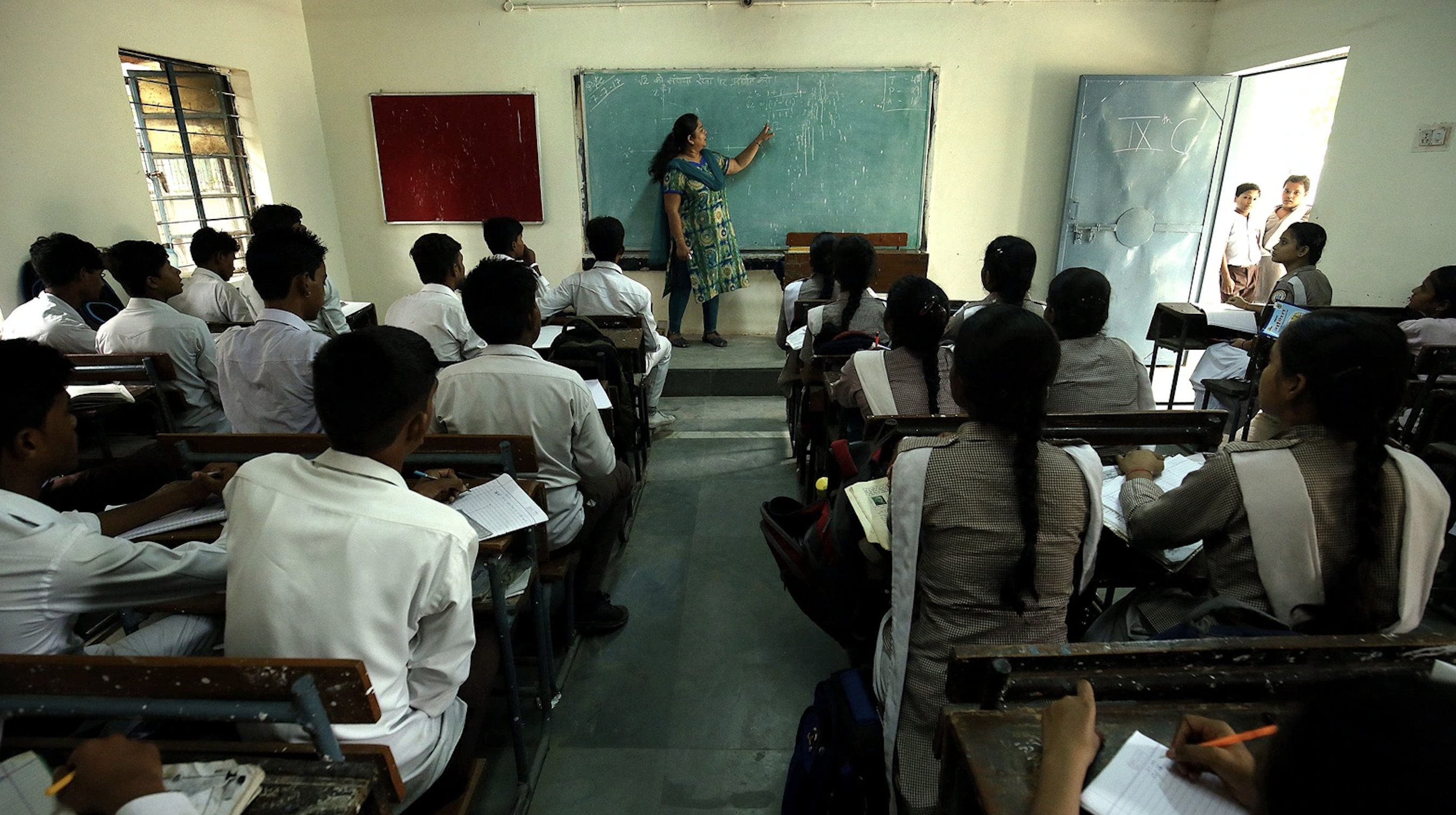
By Shashi Tharoor / Outlook India
In all the debates about the ruling establishment’s resurrection of history as an instrument of its majoritarian politics, many of us are guilty of not looking beyond the Hindutvavadis’ obvious political misuse of the past to further their interests in the present. In fact, history plays a profoundly important role in the Hindutva conception of Indian nationalism, and it is worth delving into its ideological underpinnings to understand its present significance.
The concept of nationalism arose around the world, as I pointed out in my book The Battle of Belonging, when the absolute power of the traditional ruler became untenable in more complex societies, and power began to be diffused. At that stage, people began to relate to each other by identifiable and unchanging common features that could be considered the attributes of a nation—a political entity broadly understood to be united by a defined geography, ethnicity, language, religion, and culture, common (and idealised) heroes, and a shared identity and sense of community for all its constituent people.
Indian nationalists fighting the British Raj quickly seized on this, and Hindutva ideologues went farther; in keeping with the race doctrines of the times, Savarkar in the 1920s conceived Hindutva as an indefinable quality inherent in the Hindu ‘race’, which could not be identified directly with the specific tenets of Hinduism. To him, the religion was therefore a subset of the political idea, rather than synonymous with it—something many of its proponents today would be surprised to hear. Despite this distinction, Hindutva would help achieve the political consolidation of the Hindu people, since Savarkar also argued that a Muslim or a Christian, even if born in India, could not claim allegiance to the three essentials of Hindutva: ‘a common nation (rashtra), a common race (jati) and a common civilisation (sanskriti), as represented in a common history, common heroes, a common literature, a common art, a common law and a common jurisprudence, common fairs and festivals, rites and rituals, ceremonies and sacraments’. Hindus, defined as possessing these common values and practices, constituted the Indian nation—a nation that had existed since antiquity, since Savarkar was explicitly rejecting the British view that Indian nationhood was a creation of the foreign imperium.

This article first appeared on outlookindia.com






